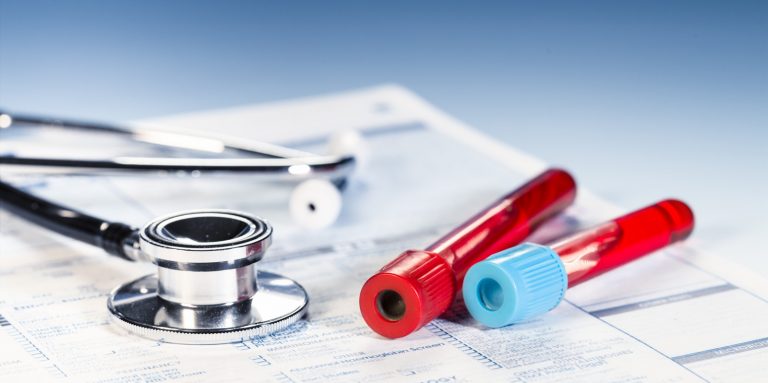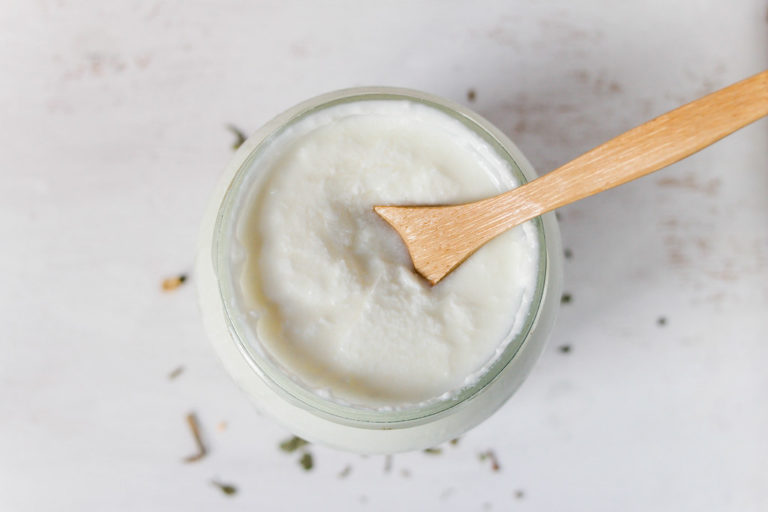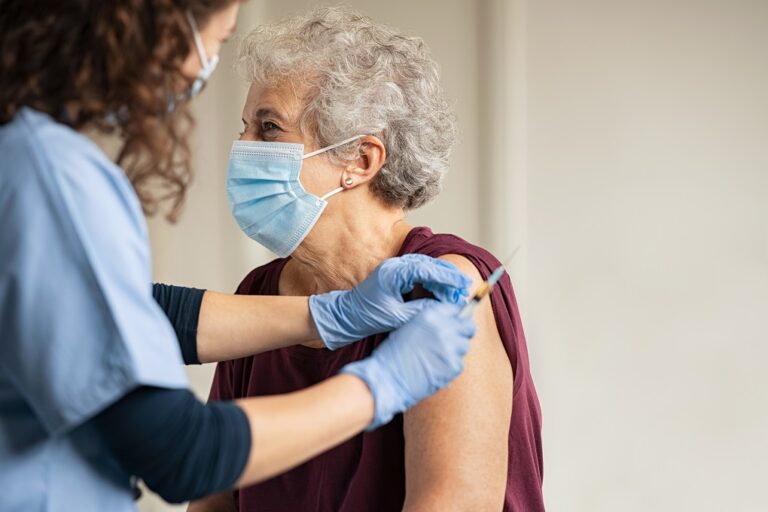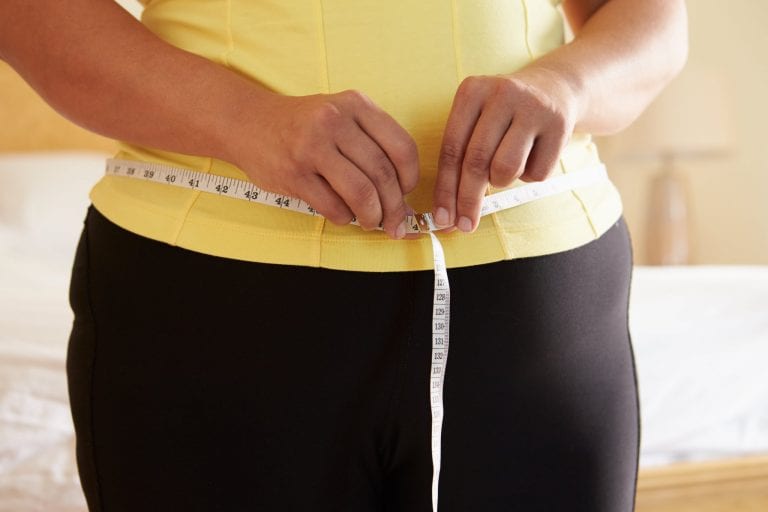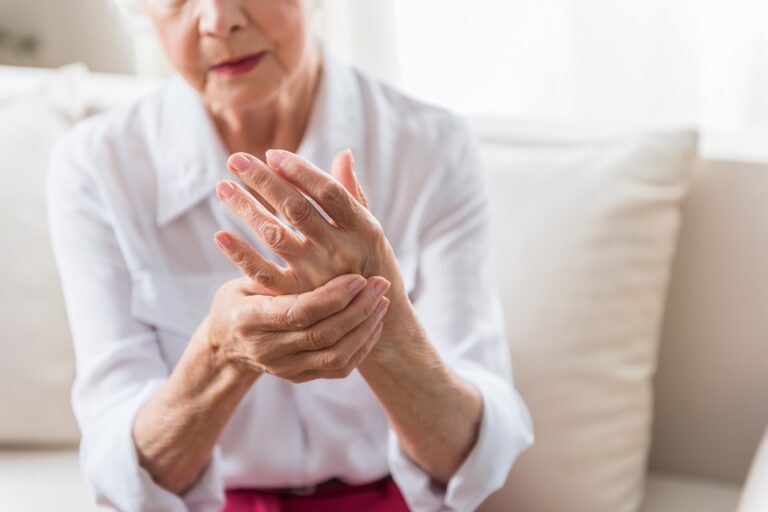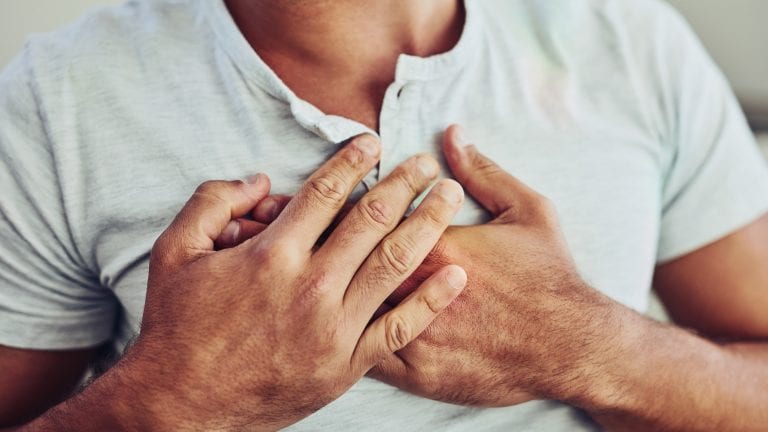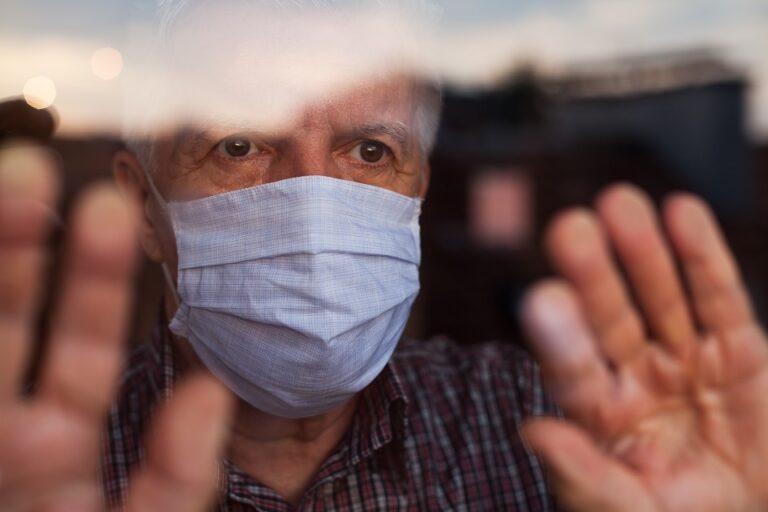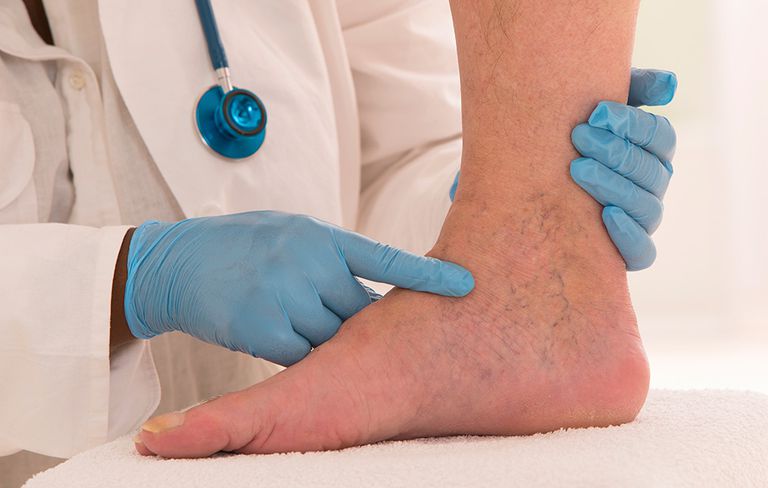
Blood clots aren’t always a bad thing. When you cut yourself, your blood cells are supposed to clump together, which stops blood from leaking to places where it doesn’t belong and kicks off the healing process. But sometimes clots form in places they shouldn’t, and if they occur in a location where blood needs to keep flowing, that can spell trouble.
There are several major types of clots that can cause problems. Clots that block blood to your brain cause stroke, and ones that stop up your heart’s blood flow cause a heart attack. A clot that forms in your leg is called a deep vein thrombosis (DVT). DVTs can break away from their starting place and travel to your lungs. This is called a pulmonary embolism (PE), and can be very serious, even fatal.
Dangerous blood clots are pretty common. In fact, the Surgeon General says 100,000 people die from DVT and PE every year in the U.S. “That’s more than breast cancer and motor vehicle collisions combined, which is staggering,” says Elliott Richard Haut, MD, PhD, co-director of Johns Hopkins Medicine Venous Thromboembolism Collaborative.
While anyone can get a clot in the wrong place at the wrong time, some people may be especially vulnerable—including those who fall into one or more of the following categories:
People who are overweight
Experts agree: If you’re obese, you’re at higher risk of blood clots that form in a vein and travel through your blood (a venous thromboembolism, or VTE). And how far off you are from a healthy weight can make a difference in your clot chances, too.
“For someone who’s a little overweight, there might be a little bit of an added risk, but as you get very severely obese or morbidly obese, the risk becomes even higher,” says Haut. Plus, the more weight you carry on your frame, the harder it can be to get around, and sitting still for long periods of time puts you in the blood clot danger zone.
Smokers
Lighting up harms your health for a whole host of reasons, and one of those is a raised risk of blood clots. “People think smoking just affects the lungs, but it actually affects your blood vessels, too,” says Pamela Burgwinkle, RN, NP, certified anticoagulation care provider at UMass Memorial anticoagulation clinic.
Smoking damages the lining of your blood vessels and makes blood more likely to stick together. (Find out how yoga can help you quit smoking.) It’s associated with heart disease and peripheral artery disease, and is one of the biggest drivers behind heart attack and stroke, as well as increased risk of VTEs.
Estrogen takers
Being on a birth control pill can make you three or even four times more likely to get a blood clot. “Otherwise healthy women sometimes start to have symptoms—a swollen leg, or shortness of breath, or chest pain—and people will often blow it off,” says Haut. But if these women are taking oral contraceptives, or are on hormone replacement therapy, that should be a red flag to check for clots, he says.
People with infections or inflammatory diseases
If you’re dealing with serious illness or infection, you should be on alert for the symptoms of abnormal clots. Some types of cancer—like brain, ovary, pancreas, colon, stomach, lung, and kidney cancer—can put people at risk for DVT or PE. And the clots may show up before the cancer, which means they might turn out to be a warning sign. (Make sure you never ignore these important cancer symptoms.)
“Sometimes we see blood clots occur and the diagnosis comes down the road,” says Burgwinkle. Other conditions make you more likely to get clots, too—diabetes, HIV, or inflammatory bowel diseases like Crohn’s disease or colitis, for example. Similarly, if you get injured, your body may clot in internal spots where it shouldn’t.
People who are still for long periods
There are all kinds of reasons you might not move for multiple hours on end. Hospital stays are a biggie, says Haut. “About half of DVTs and PEs occur in patients who are currently in the hospital or have recently been in the hospital,” he says. Often, it’s because not only are you lying in a hospital bed for days or even weeks, your body has also likely gone through some sort of trauma like surgery or sickness. “That’s a time in your life when your risk goes up dramatically,” says Haut.
Sitting in a car, bus, or on a plane for four hours or more is another situation that can kick up a clot risk, especially if you’re not drinking enough water. In fact, any activity that keeps you immobile for hours can put you at risk. “I had a patient who developed a clot after spending long periods of time in tight spaces,” says Burgwinkle. His profession? Plumber.





